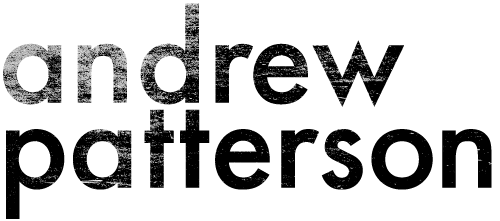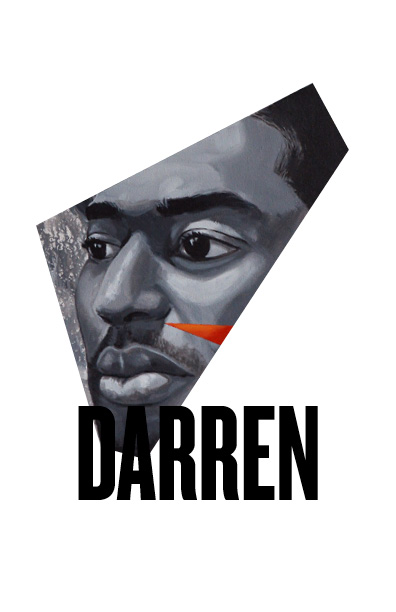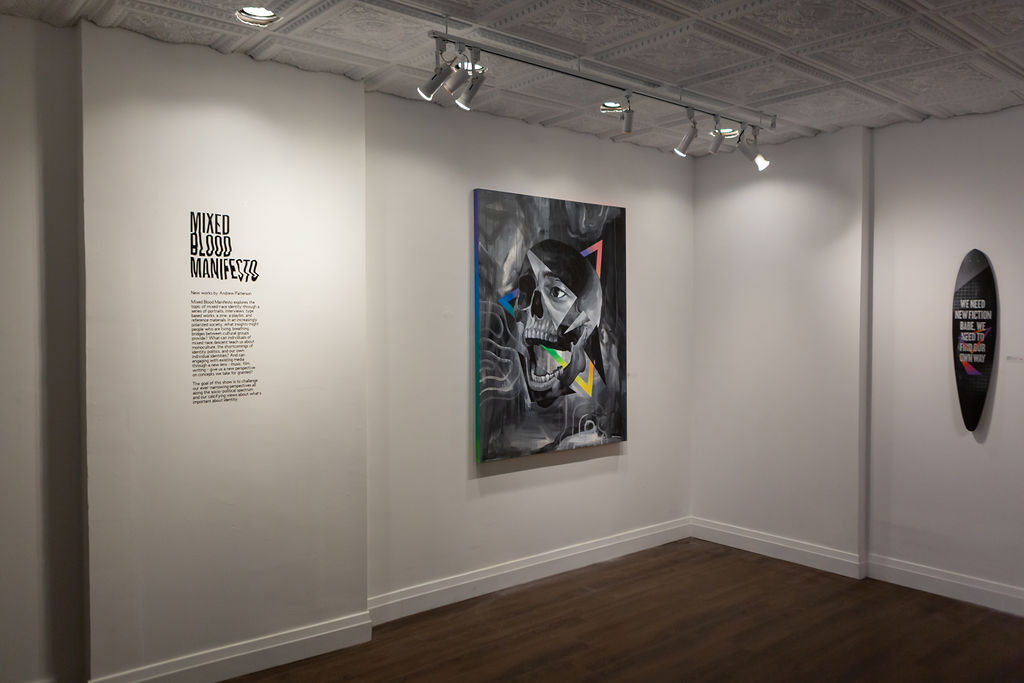A quick chat with Olivia DeClavasio from my upcoming zine Mixed Blood Manifesto.
Andrew: The first one is easy, to kick things off: How do you identify or see yourself?
Olivia: Do you mean like identify like my background or where I’m from? If so I’m Canadian with Chinese and Italian heritage.
A: Yeah, I’m intentionally vague with it because I like to see how people interpret the question. There’s no wrong answer; the project is focused on ‘mixed-race’ perspectives, but people feel differently about how they see themselves, you know?
I’ve already had many chats with Lucas, so I’m going to try to not cross-contaminate this conversation hahaha…
Interesting that you distinguish heritage from nationality in that way. Do you feel like your heritage has had any bearing on who you are today? By that I mean, does being ‘Chinese’ and ‘Italian’ have a noticeable impact on your day to day life?
Olivia: It probably does impact my day-to-day life but it’s unnoticeable because it’s more of an internal, fundamental impact rather than an external impact.
A: Do you feel like being mixed-race has freed you from feeling particularly attached to your respective cultural halves, or has instilled a desire to connect more deeply with them?
Olivia: I guess being only half of something has always made me feel like I wasn’t enough of either to really be attached to that culture. As I get older I am becoming more deliberate and intentional with learning and connecting with both my Chinese and Italian sides and embracing them equally.
A: As a sort of extension of the previous question, are there things you feel are important to uphold or ‘pass on’ from the respective parts of your heritage? If so, why?
Olivia: I was thinking about this the other day! I already feel like because my parents were born in Canada, the small things they’ve passed down to their children are already diluted and inevitably will become more diluted as I pass them down to my children. With this in mind, I had my mom show me how to make an authentic Chinese meal that her mother taught her. It’s a small start, but as I’m getting older I’m finding the importance of and desire to learn these things.
A: I normally am categorized by others as black, despite being half white. This is really quite at odds with how i feel inside. Have you found that people normally categorize you as simply ‘Asian’ despite your mix? And whether they do or don’t, how does that make you feel (if anything)?
Olivia: Growing up, I felt like I was only really referred to as Asian. I’m not sure how much it bothered me at the time but, looking back, I think I was subconsciously repressing my Asian side a bit in hopes that my other side could be more noticeable which, in retrospect, was likely caused by that categorization.
A: What was your experience like growing up in Oakville? I grew up in a small town, and then Kingston, and they were pretty homogenous in that they were largely white. I lived in Oakville for like 8 years and it had similar vibes, but I’m curious if you felt any kind of way about it?
Olivia: Growing up I don’t recall ever feeling any way about it. I think in elementary school it was a little more evident because kids are unfiltered and would say things or do things that pointed out peoples’ differences. I remember one time a kid stuck a “Made in China” sticker on my face and we all laughed it off, but that was both the first notable time that my peers acknowledged I was Chinese as well as that “aha” moment for me, recognizing that I was visibly different than the majority of my peers. Once I got to high school I never felt any way about it, my race never even crossed my mind.
A: Hey this was great – we’ll have to do a deeper dive some day. I gotta get Rachel (Ed. – Lucas and Olivia’s sister) in on the discussions too!
I appreciate you taking the time.




